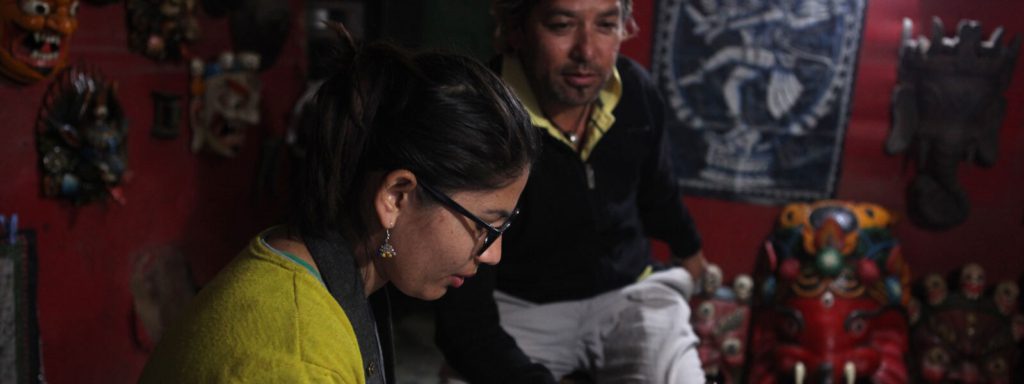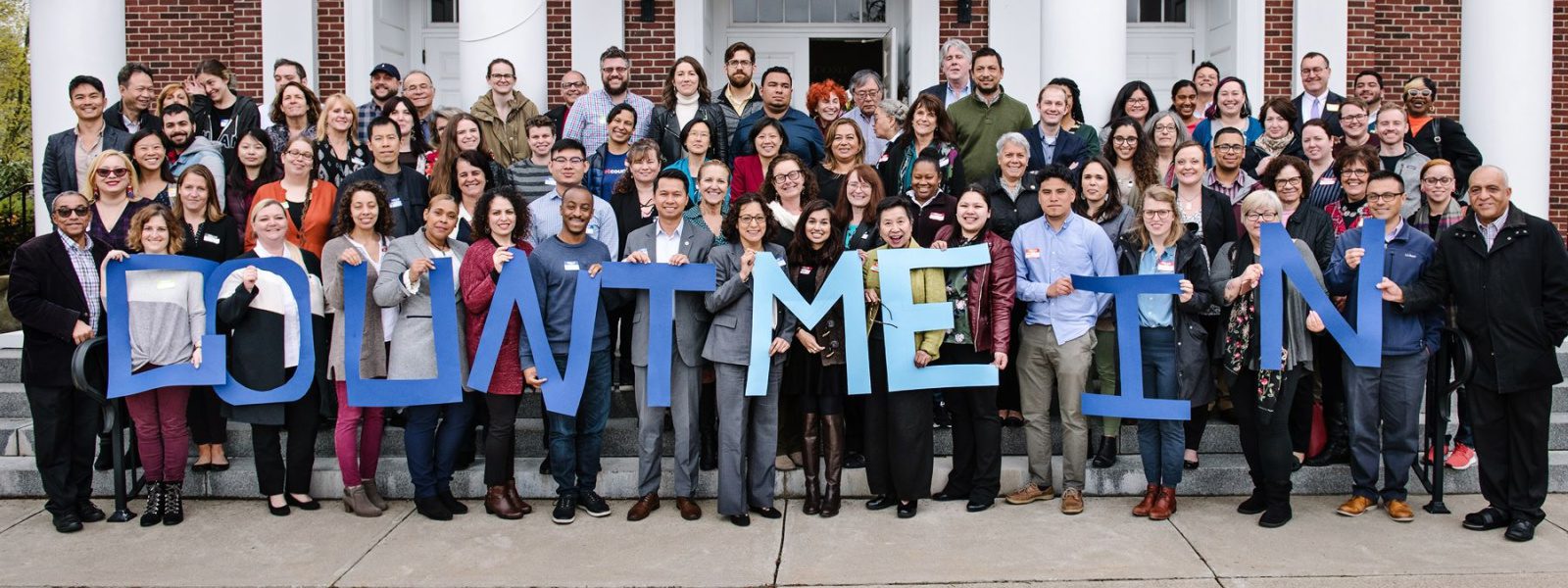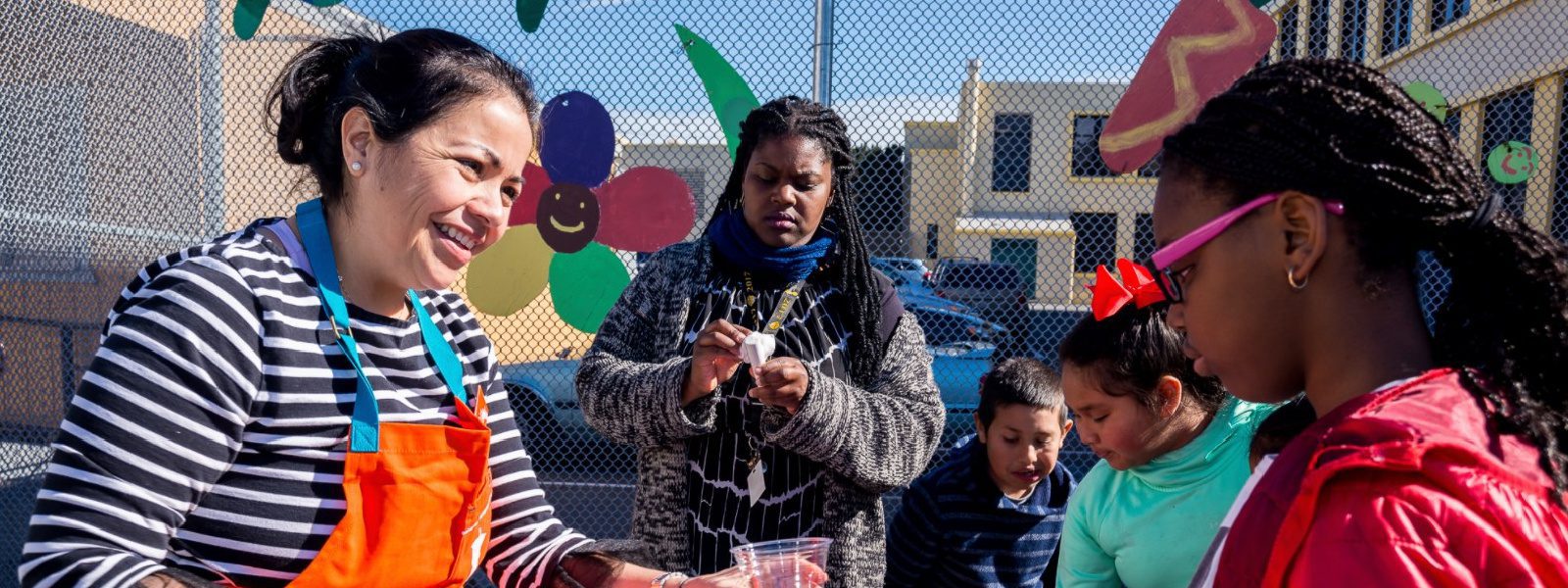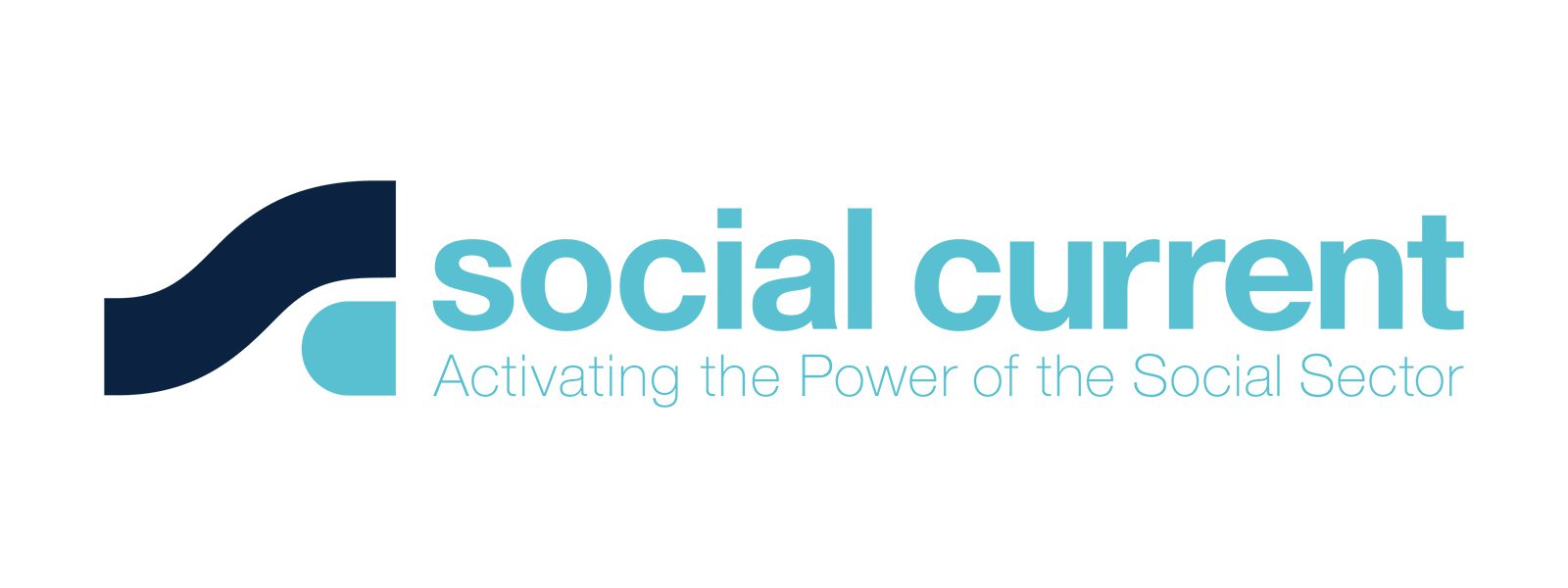Independent Sector members represent the breadth of nonprofits, foundations, and corporations with missions reflecting the plethora of ways to work for the common good and ensuring that everyone can thrive in society. New member Global Press is a media organization transforming international news standards and practices by building representative newsrooms that put professional female journalists at the forefront of advancing narrative change.
We spoke with Laxmi Parthasarathy, chief operating officer with new IS member Global Press, about the Washington, DC-based nonprofit organization and its work.
IS: Tell us about your career path and how you arrived at your current position.

Laxmi Parthasarathy
LP: I’ve worked in media development for over a decade and have always been determined to address the lack of holistic representation in journalism because I’ve seen firsthand the consequence of journalism without nuanced understanding of a community.
I grew up in one of the most diverse corners of Toronto, which was not reflected in the coverage of our community. What we did see was often not a holistic and nuanced representation of us in mainstream outlets.
In the early 2000s, representation was not top of mind for most newsrooms, even in Canada where I’m from. So, in 2007 I founded My Roots, a media startup and community organization that offered training to aspiring journalists in Malvern, located in the North East corner of Toronto. We delivered news to our community and ensured that our reporters represented the dozens of languages, religions, and experiences that make Malvern unique.
The print and online publication ran for many years and helped me grapple with a system that wasn’t working for its audience, but rather for other industry insiders. My career then took me to Rwanda, India, and Eswatini — working on audience engagement projects to ensure that communities were being covered accurately.
In 2012, I landed at Ashoka. For nearly seven years, I had the opportunity to study over 250 social entrepreneurs working in media innovation. This study led me to understand that Global Press was unique among its peers. Cristi Hegranes, founder of Global Press, built a news organization that was working on a systems-change approach to reimagining international journalism with dignity, diversity, transparency, and excellence at its core.
Today, I’m proud to lead Global Press with Cristi and I’m grateful for the opportunity to continue working on what has always been my conviction: to ensure that local, diverse reporters have the opportunity to reclaim the narrative about their community.
Global Press houses three divisions — Global Press Institute, which trains local female reporters to produce exceptional journalism in a four-month training program; Global Press Journal, our award-winning news publication that offers graduates of Global Press Institute long-term and high-quality employment; and Global Press News Services, the B2B division of Global Press, a vehicle to share the deep expertise we have in building the world’s most diverse newsroom with select nonprofits, foundations, and corporations.
IS: What are some of the challenges your organization faces and how have you responded to them?
LP: We face a constant onslaught of global crises when operating an international news organization. On a given day, our reporters might witness violence among armed groups, endure a stifling curfew and internet ban, or experience multiple outbreaks of Ebola or Dengue. While ensuring the safety and security of our team in such circumstances is certainly challenging work, it is also necessary and possible. Global Press developed a Duty of Care program that is the first of its kind and recently received the American Psychiatric Association’s Chester M. Pierce Human Rights Award.
IS: What does a typical day at your organization look like?
LP: A typical day may start on a call with our Mongolia team and end with our Mexico team. It’s really an international organization.
My work at Global Press News Services, in particular, leads to regular conversations with other organizations grappling with many of the questions we’ve already addressed around local staff safety and security, translation policies, and systems that ensure accuracy. The day always ends with an appreciation for our journalism and for the incredible Global Press Journal reporters who help us all see the world differently.
IS: Is there an unsung hero on your team that you’d like to recognize?
LP: I’m constantly in awe of our entire team and the incredible things they accomplish, but I’d like to draw particular attention to the Global Press Accuracy Network. The network consists of copy editors, fact checkers, translators, illustrators, and multimedia experts. They support our global team of reporters and editors in producing high-quality, accurate, ethical, and locally sourced news.
Laxmi Parthasarathy was a 2020 finalist for the American Express NGen Leadership Award. Global Press exists to create a more just and informed world by training and then employing local journalists to produce ethical, accurate news coverage from the world’s least-covered places. The top photograph shows Global Press Institute Nepal Trainee Amrita Jaisi interviewing a source in Kathmandu, Nepal, in February 2020. Photo by Mareike Guensche, Global Press Institute. Learn about other Independent Sector members and becoming a member.



